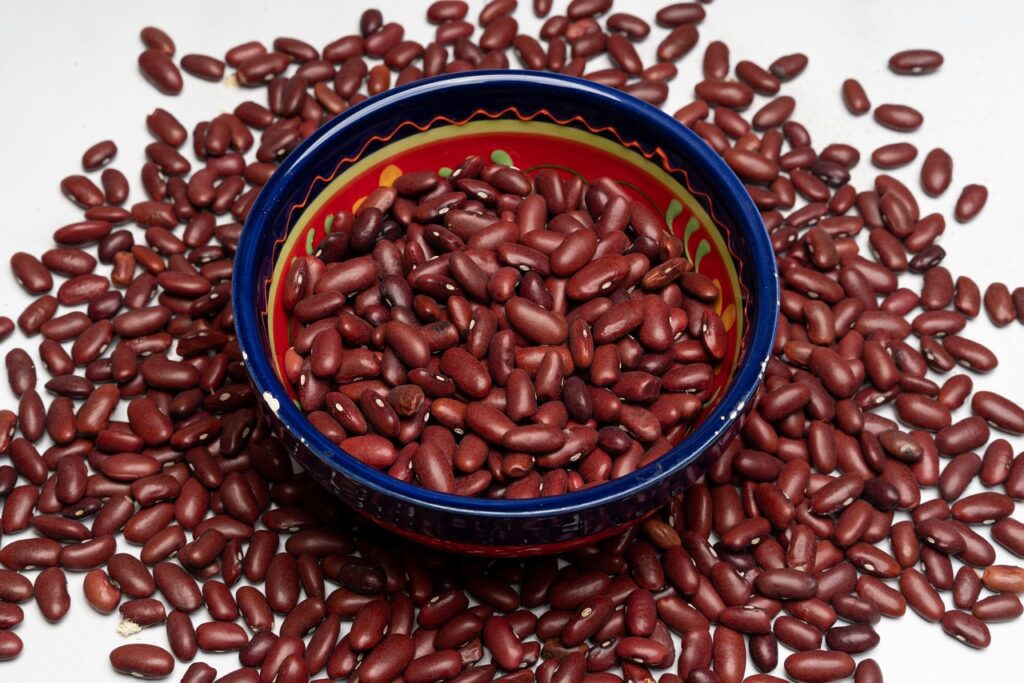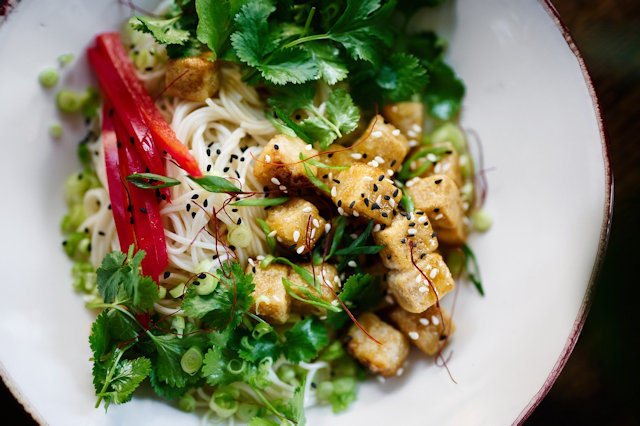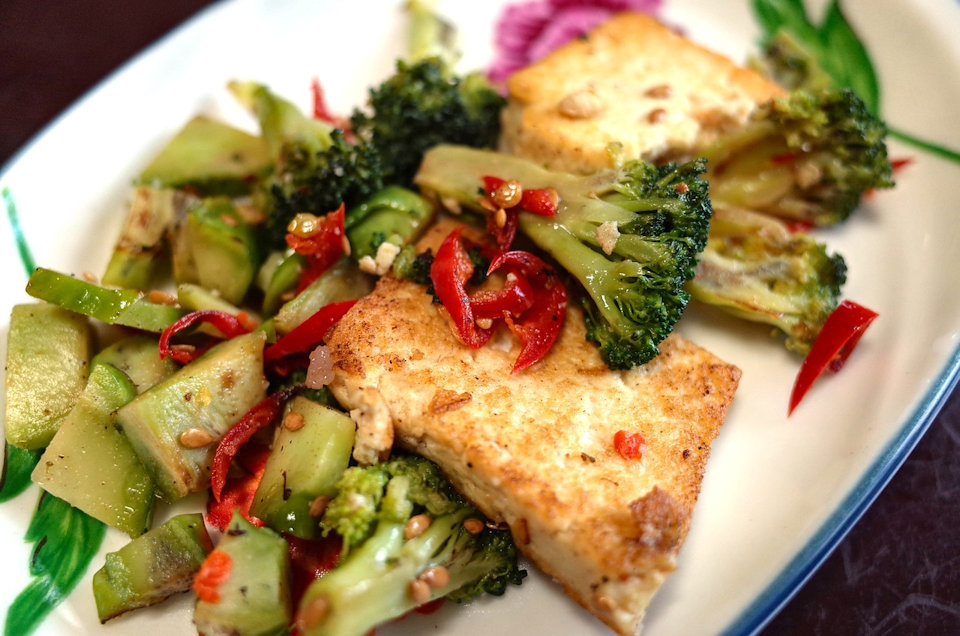Understanding Vegetarianism
At its core, vegetarianism is about eliminating meat from one’s diet. But it’s not one-size-fits-all. Different vegetarians have various boundaries. For instance, Lacto-ovo vegetarians sidestep meats but are open to dairy and eggs. Vegans, in contrast, exclude any products with even a hint of animal origin.
Protein: Debunking the Biggest Myth
The looming question for most: “Where do you get your protein?” Contrary to popular belief, the average person often consumes more protein than needed. So, how do vegetarians keep up?
- Lacto-ovo vegetarians: They’ve got dairy! Eggs and milk are protein-packed.
- Vegans: They turn to nuts, seeds, and a vast array of soy products.
Beans, from green lentils to pinto, offer a diverse protein palette. Think of classics like chili’s kidney beans or the red beans in traditional rice dishes. And don’t underestimate nuts. They’re protein powerhouses, although they come with higher fat, calling for mindful consumption. To put things in perspective, a single cup of cooked beans matches the protein in two ounces of meat.

Vitamins and Minerals: The Vegan Challenge
Vegans, avoiding all animal-derived foods, need to be a tad more vigilant with certain nutrients.
- Vitamin B12: Commonly found in animal products, B12 is essential. Vegans can look to supplements or B12-fortified foods, like certain soy products and plant-based milk.
- Calcium: No dairy? No problem! Orange juice and soy milk often come calcium-fortified. Plus, beans and some green veggies chip in with a calcium boost.
The Takeaway: Balance and Awareness
Regardless of the vegetarian category you resonate with, the key is balance. Monitor your intake of vitamins, especially if you’re vegan. It’s not just about what you exclude from your plate but what you include. By doing so, you’re not just opting for a diet but a sustainable, healthy lifestyle.


